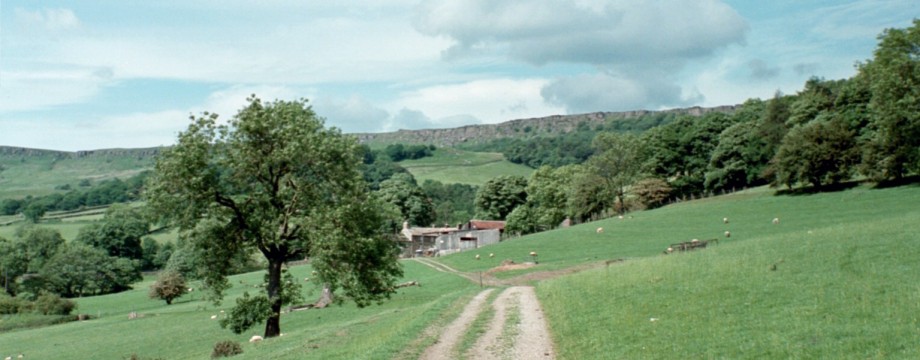What a solitary journey the writing life can be. We create alone. Only we as individuals can put pen to paper or fingers to keys to share the ideas that are in our minds. We need time away from everything and everyone to reach the deep waters of creativity within. Consider the image of a writer with well-worn clothes and crumpled paper at his feet, furiously working in an empty garret. Or, within the walls of a beach house on an island looking out at the sea, typing away on the novel that has been welling up within her for years.
But do we have to be alone? When working on individual projects it is necessary to spend time apart from others – sometimes many hours. However, that does not mean that we are by ourselves. We are surrounded by many who have gone before us – authors, teachers, family, or friends. They are part of the community that has shaped and continues to shape us. I can’t sit down to write without feeling a sense of the joy of reading. That little girl who loved to hear her mother read books before bed is grown, but the comfort of those stories and of the people who shared them with me continues.
In addition, as I write I am in the worlds of Jane Eyre and Heidi, Walden Pond and the Bible. Books have and continue to be an essential part of my being. I am drawn to the words and to the characters. Sometimes I remember the plots and settings as if I had lived them. I can return to them intentionally. Along with their works, authors’ lives influence me as I learn about their inspirations, practices, and trials. They are all part of this creative community.
Then there are those who are actively part of my writing today: teachers, writing groups, readers of blogs. We sharpen each other’s art as we see how ideas play among a group. To be honest, I’ve been reluctant to engage with such a community. It’s safe to keep writing for myself and only dream about sending it into the world. However, I’m more and more aware that writing is not only about putting words on a page in solitude. It is also about engaging others with those words – and engaging with the words of others. The small writing group I’m involved with keeps me honest, provides thoughtful encouragement, and keeps me writing. Through this blog I’m learning that there may be even more who are part of this community and who can hone this work.
Ultimately, that lone artist image isn’t so ideal or even true. Writing and other creative endeavors do not need to be solitary practices. Why should they be? The ultimate creator – God – created the earth in community as the Father, Son, and Holy Spirit – and continues to even involve his ultimate creation, humanity, in this project.




